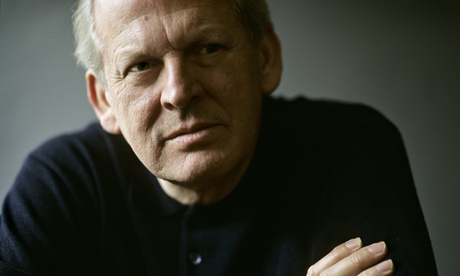
On the eve of his 70th birthday, Sir Thomas Allen strode on to the platform at the Wigmore Hall and launched into a different Haydn canzonetta from the one listed in the programme. Fate had dealt him a heavy blow in the form of bronchitis, he explained, and he would have to curtail his programme. But Allen had come to sing, and sing he would.
The announcement inescapably coloured the evening. How would this warmest and most distinctive of British baritones hold up under the twin pressures of a significant milestone and a wheezy chest? There were, it can hardly be denied, some tense moments. The voice, normally so flowingly produced, was manifestly being nursed through an evening that the great man naturally did not wish to cancel.
Yet there was never really any doubt that Allen’s art, beautifully supported by pianist Malcolm Martineau, would in the end conquer nature. If three songs by Brahms were taken with greater care and less lyric ease than a more relaxed Allen would normally bring, they nevertheless enabled him to confirm that most of the planned programme remained within his range. In six Eduard Mörike settings by Hugo Wolf, the confidence and vocal colouring blossomed, with the prayerful Gebet especially well sustained.
Allen’s wit and pointedness, as well as his sheer stage presence, came to the fore in Ravel’s richly quirky animal settings, Histoires Naturelles, with Martineau again excellent in the lustrous piano part. By the time Allen reached a final group of Roger Quilter songs, an area of the repertoire in which he has long had no peer, all the old seductiveness and authority was back in the voice. There was even enough left in the tank for three perfectly judged encores, ending with a touchingly personal rewrite of Thanks for the Memory. Sir Thomas, that feeling is mutual.

